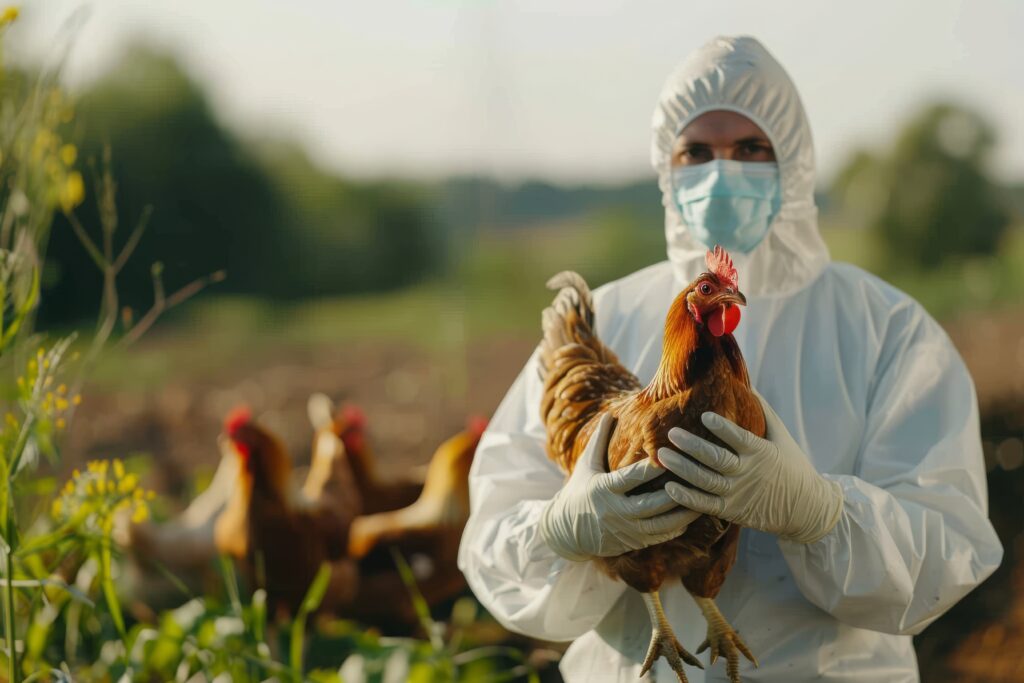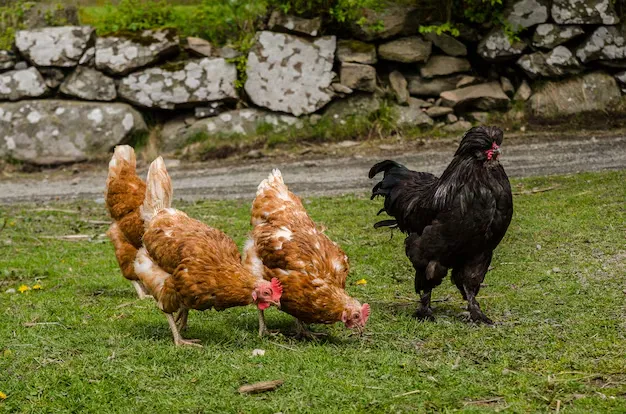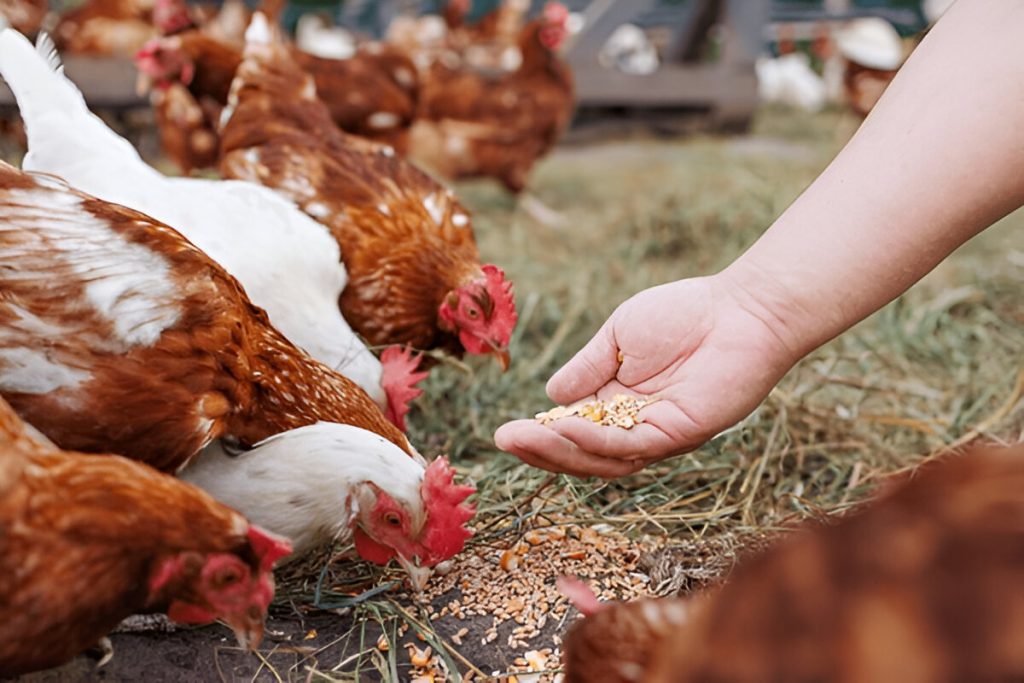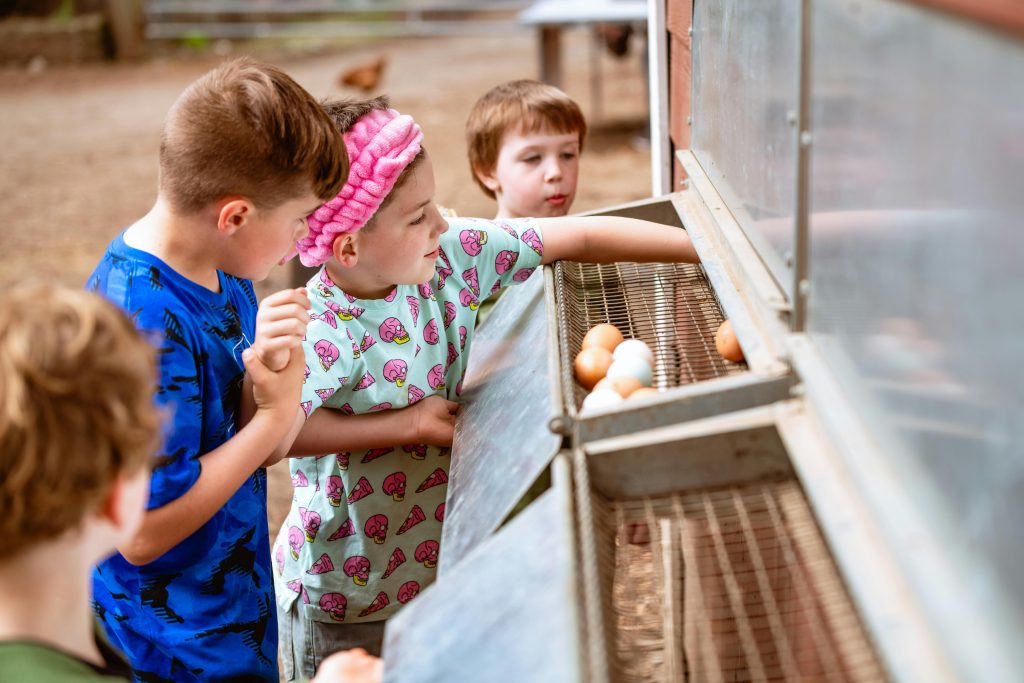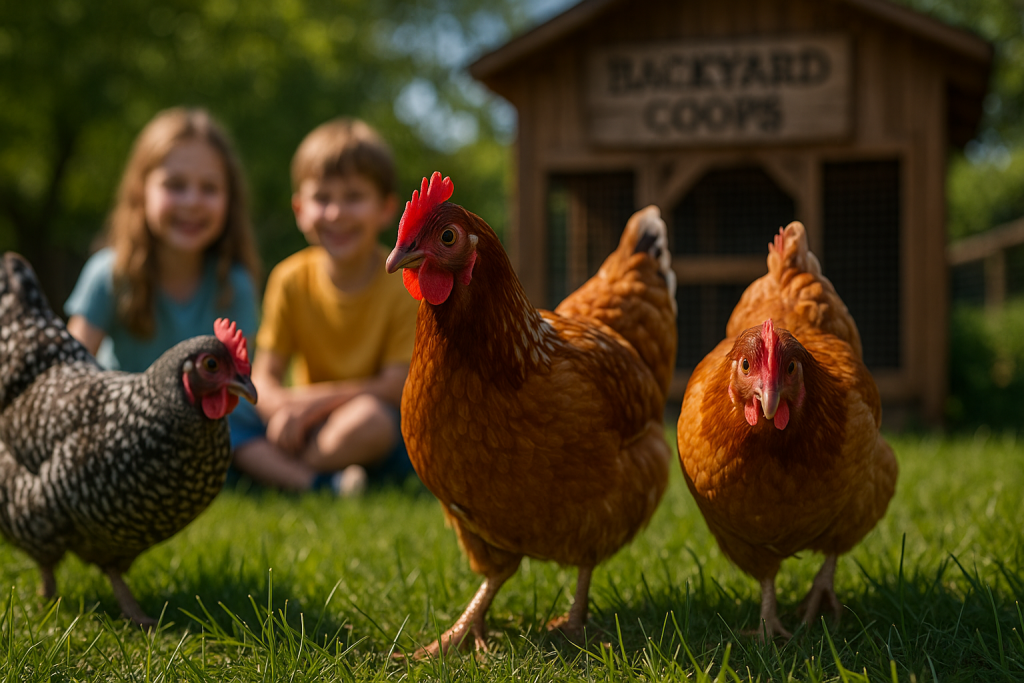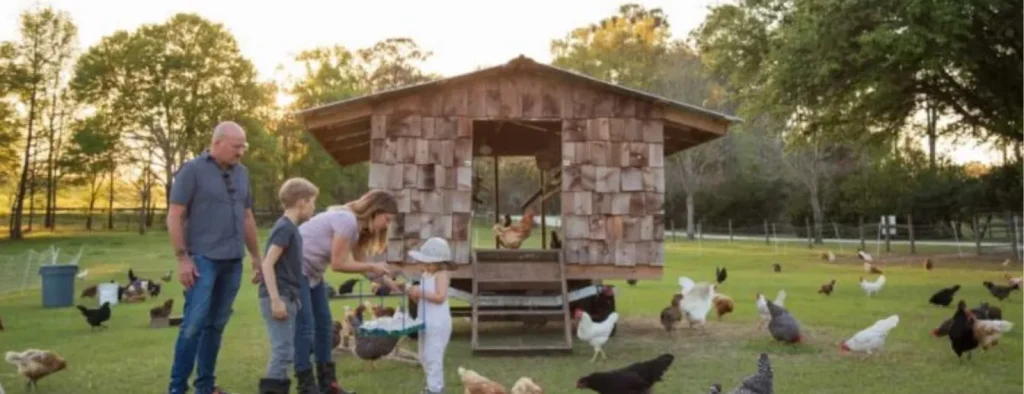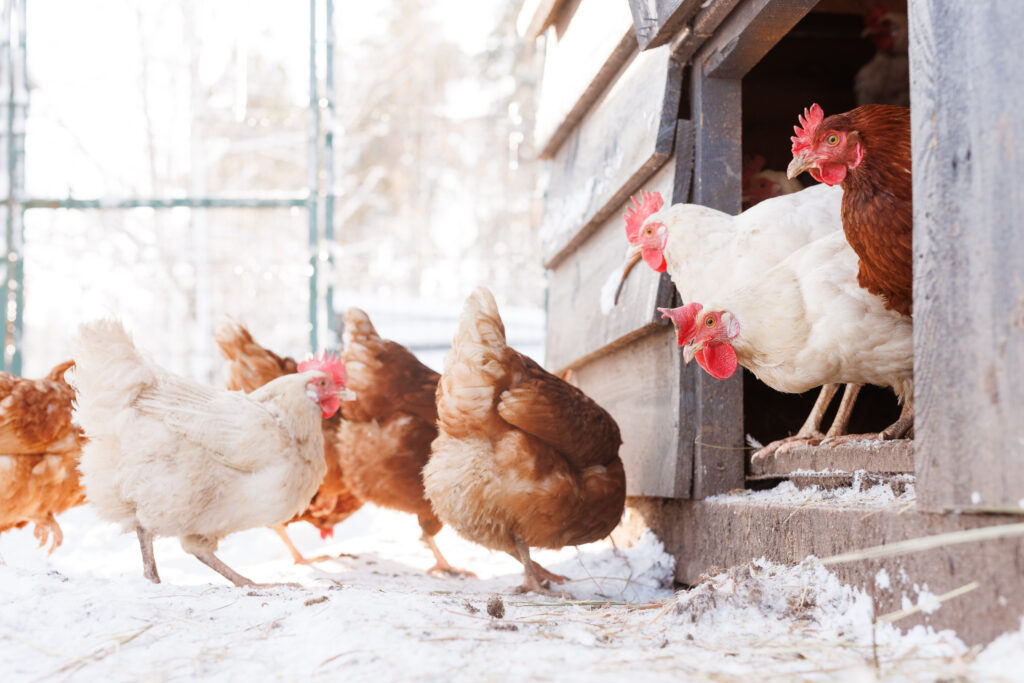Taking care of birds is a mix of science, common sense, and being careful these days. It’s important to know how to keep your birds safe from avian influenza if you have them at home. This will protect your family, your flock, and your neighborhood. This guide explains what matters most in simple terms and gives you steps you can take right now to lower your risk without turning your yard into a dangerous place.
Why Precaution Matters?
Bird flu, also known as avian influenza, can spread quickly through flocks. Even though human infections are rare, the cost to small-scale keepers can be huge: sick birds, quarantine rules, and the pain of losing a bird. For people who keep chickens in their backyards for eggs, meat, or just for fun, the difference between a safe season and an outbreak is often early prevention and sticking to a routine.
It’s easier to keep flocks safe when you have modern suppliers and reliable products. Chick and Nest sells well-designed chicken coops and care items that have been tested for small flocks. This way, you can use good practices with equipment that makes cleaning, monitoring, and keeping your chickens safe easier.
Identifying the Symptoms | Spotting Risks
If you know the signs of illness, you can take action. Some common signs are a sudden drop in egg production, respiratory problems like sneezing, coughing, and watery eyes, a swollen head or wattles, lethargy, and deaths that can’t be explained. Make it a daily habit to watch your birds from the time they get there until they go to bed. Changes in behavior are often the first sign. If you see anything strange, follow your local agricultural advice and call a poultry vet right away.
A Practical Checklist To Avoid influenza
- Control who can get in. Don’t let too many people visit your birds, and don’t share tools, feeders, or other equipment with other flocks. Foot traffic is one of the easiest ways for disease to move between sites.
- Rules for boots and clothes. Have special clothes and shoes just for doing coop chores. You can either clean and disinfect your boots or wear disposable boot covers. Don’t wear coop clothes inside your house.
- Every day, clean the feeders and waterers. Feed that spills attracts wild birds and rodents, which are common carriers. Put food away and clean up spills on a regular basis.
- Make a space for moving. A simple entry area where you can wash your hands, change your shoes, and leave your gear can greatly lower your risk. For hobbyists, this buffer zone is one of the best ways to protect against avian flu.
- Keep new people apart. Before letting new birds join your flock, keep them in quarantine for at least 30 days. Keep an eye out for signs of illness and make sure they get the vaccinations or health checks that are recommended in your area.
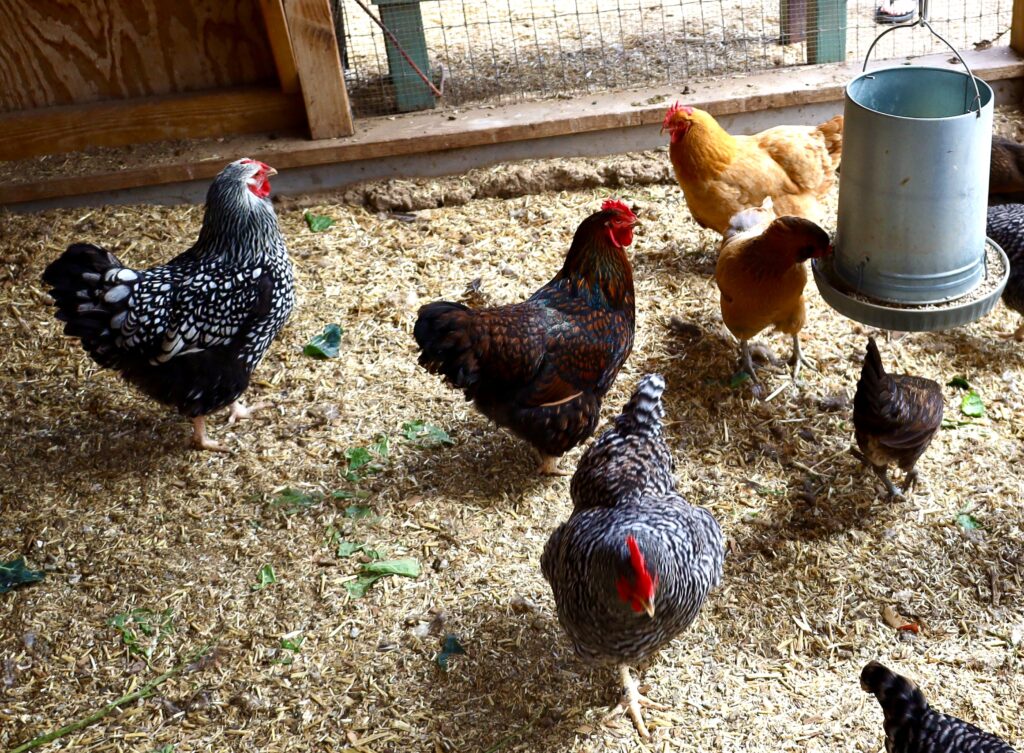
Chicken Coop Design & Maintenance
A well-designed coop makes biosecurity easier. Strong chicken coops with surfaces that are easy to clean, droppings trays that can be taken out, and good ventilation keep pathogens from growing. You should plan to do a deep cleaning at least once a season, and more often if there are outbreaks in your area. This means taking out the bedding, scrubbing the perches, and disinfecting the surfaces. Fix any holes and screens to keep wild birds and pests out. Wild waterfowl and rodents often carry viruses.
Don’t forget about the bedding you choose. Materials that absorb moisture and don’t create a lot of dust, and changing the bedding regularly, help keep birds healthy by lowering ammonia and moisture levels. One of the easiest ways to keep your flock healthy is to keep the coop clean and well-ventilated.
Protecting Your Flock From The Wild
Wild birds are common in many backyards, but they can spread diseases without showing any signs of being sick. If avian influenza is reported nearby, take down or move bird feeders and keep water sources covered or inside. Don’t put outdoor feeding stations where wild and domestic birds can get together. Trim the plants around your run so that wild birds don’t roost there, and think about using motion-activated deterrents if necessary.
When the risk is high, don’t let them roam freely. When birds are free to roam, they come into contact with more wild droppings and dirty soil. Keeping birds in runs or fenced-in yards during regional outbreaks is a strong avian influenza precaution that keeps them from coming into contact with the virus.
Handling Sick Birds the Right Way
If you think you might have an infection, act quickly and calmly. Get the bird(s) away from other birds right away, handle them as little as possible, and wear gloves and a disposable apron if you have to move them. After touching anything, wash your hands and clean your tools and surfaces. If you think your bird might be sick, call a vet who works with poultry or your state animal health office for testing and advice. Make sure to follow local rules for reporting cases that seem strange. Quick reporting helps the authorities stop the spread and keeps nearby flocks safe.
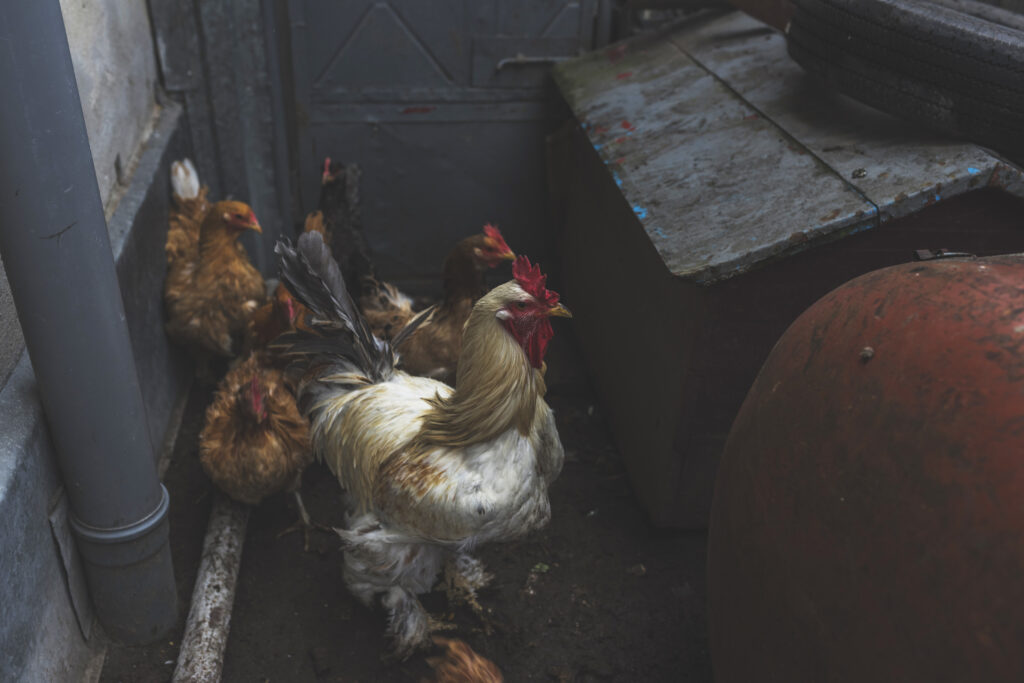
Taking Care of Hygiene
When you clean up regularly, use disinfectants that have been registered with the EPA and are safe for poultry pathogens. Cleaning well is a two-step process: first, get rid of organic matter by scraping and washing it off. Then, use disinfectant at the right concentration and for the right amount of time. Droppings and moisture tend to collect in nesting boxes, feeders, waterers, and roosts, so pay extra attention to these areas. It’s easy but very effective to wash your hands before and after doing chores in the coop. When running water isn’t available, a hand sanitizer can come in handy.
Simple Steps to Keep Your Flock Safe
• Shoes and clothes just for the coop.
• Keep all new birds in quarantine for 30 days.
• Take away things that attract wild birds, like feeders and open water, when the risk goes up.
• Clean the feeders and waterers every day, and deep-clean the coop once a month.
• Fix holes to keep wild birds out.
• Watch the birds twice a day for changes in behavior or eggs.
• Keep the contact information for your vet and local animal health on hand, and report any suspected cases right away.
Smart Sourcing: Finding Quality Coop Supplies
It’s easier to follow safety rules when you have the right tools. Find coops that are easy to clean, have runs that are safe from predators, and use materials that let air flow through them. Chick and Nest has a wide range of chicken coops and supplies for small flocks that are built to last and are well thought out. This makes it easy to implement biosecurity without any extra work.
Final thoughts
Taking precautions against avian flu is less about being scared and more about making sure you do things the same way every time. A regular schedule of cleaning feeders, limiting access, quarantining new birds quickly, and keeping the coop in good shape protects your flock better than occasional extreme measures. To keep your backyard chickens safe, you don’t have to be perfect; you just have to pay attention. With a few smart steps, you can lower the risk and keep your birds healthy and productive.

